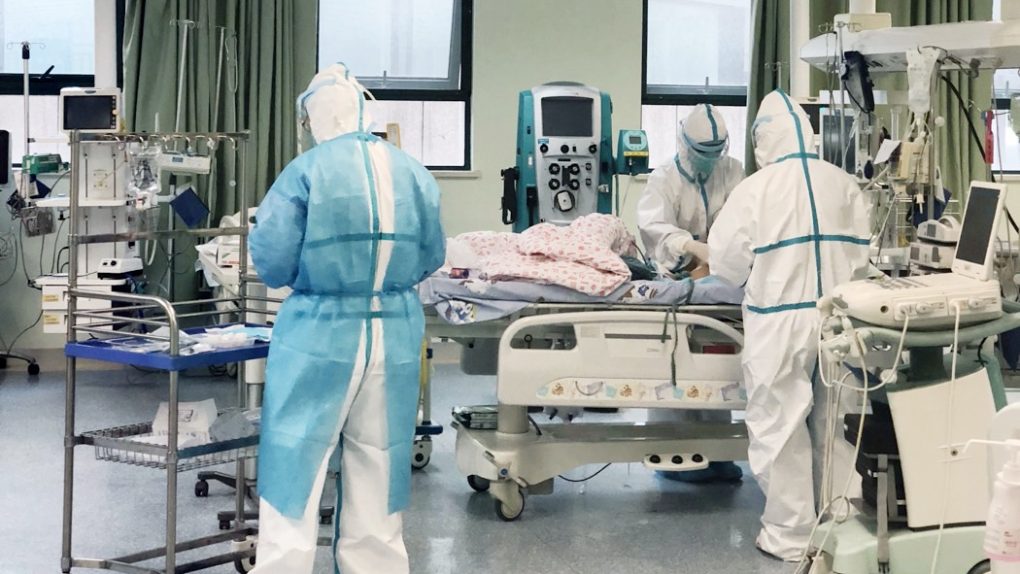- A new study looking at the contagiousness of hospitalized coronavirus patients says they may be infectious even after the symptoms disappear.
- The limited study advises isolation for patients thought to have been cured of COVID-19.
- The results might be especially useful for milder COVID-19 cases that are treated at home, or for those patients who aren’t even tested for the novel coronavirus but suspect an infection.
- Visit BGR’s homepage for more stories.
With each day that goes by during the novel coronavirus pandemic, we find out more details about this invisible but powerful enemy that has conquered the world. As of Tuesday morning, there were more than 800,000 cases of COVID-19 internationally, and nearly 40,000 victims. Extreme social distancing measures combined with proper hygiene practices can help flatten the curve, but we also need to learn how to treat and cure COVID-19 as fast as possible. The quicker the illness is diagnosed, the better the prognosis, especially for at-risk patients. But a new study says that hospitals shouldn’t hurry to discharge COVID-19 patients as fast as possible, as some of them might be contagious even after the symptoms disappear.
Patients are sent home after two consecutive negative tests, so the discharge process is more complicated than just assessing symptoms. But the findings are relevant for determining a proper course of treatment, especially for the milder cases that end up being treated at home. Also, similar studies could be used to determine guidelines for people who think they have had the disease while in isolation at home, but haven’t been tested. Asymptomatic patients don’t qualify for testing in many countries, since there’s a worldwide shortage of kits.
Scientists from the Treatment Center of PLA General Hospital in Beijing and the Yale University School of Medicine discovered that half the patients they observed showed traces of the virus for up to 8 days after the symptoms disappeared. Symptoms included fever, cough, throat ache, and difficulty breathing. They were all mild cases, with only one of them needing mechanical ventilation.
“The most significant finding from our study is that half of the patients kept shedding the virus even after resolution of their symptoms,” Yale Dr. Lokesh Sharma told Sci-News. “More severe infections may have even longer shedding times.”
The study says that the incubation period was of 5 days for 15 of the 16 patients, and the average duration of symptoms was 8 days. But the patients tested COVID-19 positive for up to 8 days later after the symptoms were gone.
The patients were tested every other day, as scientists were looking to determine how long the virus stays in the system after the symptoms are gone. The patients were discharged after testing negative twice.
“If you had mild respiratory symptoms from COVID-19 and were staying at home so as not to infect people, extend your quarantine for another two weeks after recovery to ensure that you don’t infect other people,” PLA General Hospital’s Professor Lixin Xie said.
The researchers have a clear message for healthcare professionals. “COVID-19 patients can be infectious even after their symptomatic recovery, so treat the asymptomatic/recently recovered patients as carefully as symptomatic patients,” they said. The scientists say theirs is a limited study and more research is needed to determine precisely how contagious a patient really is after the symptoms disappear. Also, it’s unclear at this time whether this sort of study could explain why some patients retest positive after being declared cured.
Even so, the PLA General Hospital study complements similar work looking into the contagiousness of asymptomatic COVID-19 cases. At least a couple of separate studies also showed that asymptomatic patients may be just as contagious as symptomatic ones.








